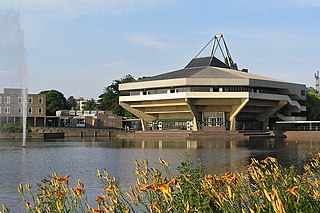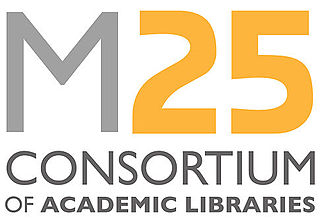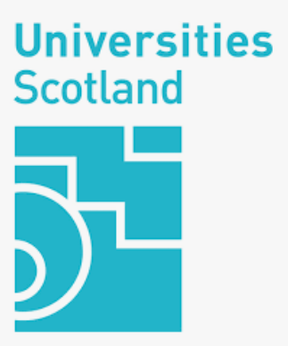
Anglia Ruskin University (ARU) is a public university in East Anglia, United Kingdom. Its origins are in the Cambridge School of Art, founded by William John Beamont, a Fellow of Trinity College at University of Cambridge, in 1858. It became a university in 1992, and was renamed after John Ruskin, the Oxford University professor and author, in 2005. Ruskin gave the inauguration speech of the Cambridge School of Art in 1858. It is one of the "post-1992 universities". The motto of the university is in Latin Excellentia per societatem, in English Excellence through partnership.
In the UK, a post-1992 university, synonymous with new university or modern university, is a former polytechnic or central institution that was given university status through the Further and Higher Education Act 1992, or an institution that has been granted university status since 1992 without receiving a royal charter. This is used in contrast to "pre-1992" universities.

A plate glass university or plateglass university is one of a group of universities in the United Kingdom established or promoted to university status in the 1960s. The original plate glass universities were established following decisions by the University Grants Committee (UGC) in the late 1950s and early 1960s, prior to the Robbins Report in 1963. However, the term has since expanded to encompass the institutions that became universities as a result of Robbins' recommendations.

Abertay University, formerly the University of Abertay Dundee, is a public university in the city of Dundee, Scotland. In 1872, Sir David Baxter, 1st Baronet of Kilmaron, left a bequest for the establishment of a mechanics' institute in Dundee and the Dundee Institute of Technology was formed in 1888. As early as 1902 it was recognised by the Scottish Education Department as an educational hub, and was one of the first to be designated a central institution, akin to an "industrial university". Abertay gained university status in 1994.
England is divided by a number of different regional schemes for various purposes. Since the creation of the Government Office Regions in 1994 and their adoption for statistical purposes in 1999, some historical regional schemes have become obsolete. However, many alternative regional designations also exist and continue to be widely used.
Groundwork UK is an environmental organisation in the United Kingdom. It is based in Birmingham and is a registered charity under English law.
A polytechnic was a tertiary education teaching institution in England, Wales and Northern Ireland offering higher diplomas, undergraduate degree and post graduate education that was governed and administered at the national level by the Council for National Academic Awards. At the outset, the focus of polytechnics was on STEM subjects with a special emphasis on engineering. After the passage of the Further and Higher Education Act 1992 they became independent universities which meant they could award their own degrees. The comparable institutions in Scotland were collectively referred to as Central Institutions.

The M25 Consortium of Academic Libraries is a collaborative organisation that works to improve library and information services within the M25 region, and more widely across the East and Southeast of England.
University Centre Peterborough is a small higher education institution with campuses in Peterborough and Stamford, Lincolnshire in the United Kingdom. It is formally part of the Inspire Education Group. Degrees at the Peterborough Campus are accredited by The Open University. The Stamford Campus has a range of courses accredited by Bishop Grosseteste University.

Universities Scotland was formed in 1992 as the Committee of Scottish Higher Education Principals (COSHEP) adopting its current name in 2000, when Universities UK was also formed. It represents 19 autonomous higher education institutions, 16 of them with University status and three other higher education institutions in Scotland. The Convener serves a two-year term of office. As of 2022, this post is held by Professor Sir Gerry McCormac, principal of the University of Stirling, while Alastair Sim has served as the organization's Director since 2009.

Canterbury Christ Church University (CCCU) is a university located in Canterbury, Kent, England. Founded as a Church of England college for teacher training in 1962, it was granted university status in 2005.
SITS:Vision, also known just as SITS, is a database application used for course and student management in further and higher education institutions, developed and maintained by the Tribal Group. It is currently used by roughly 70% of the UK higher education sector as well as international institutions such as the University of Sydney and the University of Otago.






